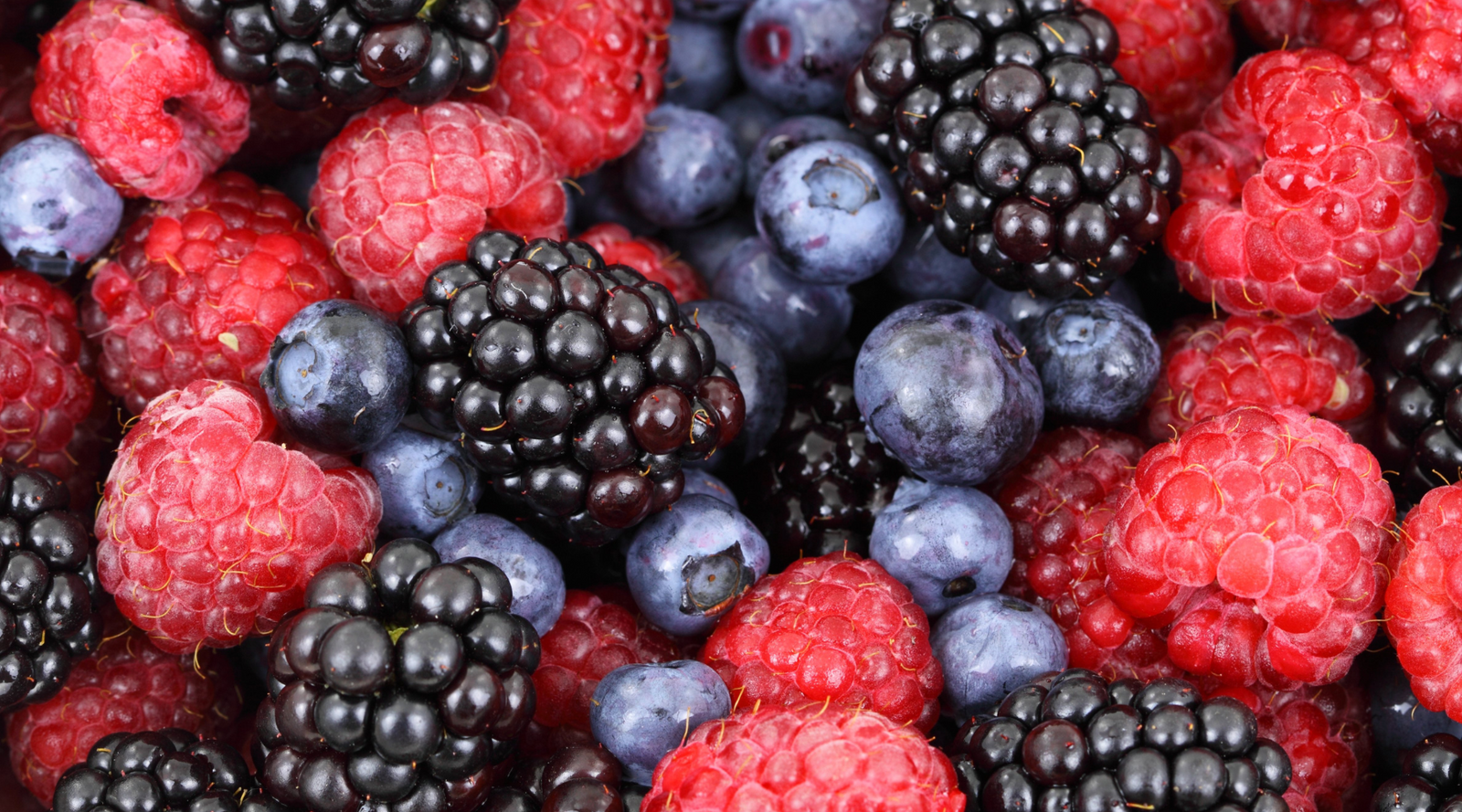In early September 2025, alarming findings shook Australian shoppers: scientists discovered high levels of the pesticide dimethoate on fresh supermarket berries sold at major retailers like Woolworths and Coles.
Dimethoate is a neurotoxin pesticide designed to kill fruit flies by disrupting nerve function. While it’s banned in the European Union, it remains legal for use in Australia—though its safety margins are under urgent review by the Australian Pesticides and Veterinary Medicines Authority (APVMA).
So what does this mean for our health, our children, and our environment? Let’s break it down.
What Recent Testing Revealed
Professor Kirsten Benkendorff, a marine scientist at Southern Cross University, tested berries sold in NSW supermarkets. Even after washing, she found dimethoate levels so high that:
- A child eating just a handful (approx. 13-20 berries) could exceed the Acceptable Daily Intake (ADI).
- An adult eating half a punnet (approx. 50-80 berries) could surpass the ADI.
This raises serious questions about the safety standards currently applied to Australian produce. Importantly, the ADI—what’s deemed “safe”—is set by regulatory frameworks often influenced by pesticide manufacturers themselves, not independent health bodies.
The Dangers of Dimethoate
Studies have shown that dimethoate exposure in humans can:
- Affect the nervous system, since it interferes with enzymes essential for nerve function.
- Lead to headaches, dizziness, and fatigue with acute exposure.
- Raise concerns about long-term health risks, including developmental impacts in children and potential links to cancers.
Beyond human health, heavy pesticide use has environmental consequences. In regions like Coffs Harbour, significant chemical runoff is already damaging waterways and local ecosystems—highlighting how food production choices ripple out to our environment.
What’s Changing in Australia
The APVMA is currently reviewing the use of dimethoate on blueberries, raspberries, and blackberries. Proposed changes include:
- Extending the withholding period (time between spraying and harvesting) from:
- 1 day to 14 days for blueberries.
- 7 days to 14 days for raspberries and blackberries.
- Potential suspension of certain dimethoate products.
While the APVMA insists berries remain “safe to eat” under current guidelines, critics argue that safety margins are too narrow—especially as berry consumption has surged in Australia in the last decade.
Why Choosing Organic Makes a Difference
Switching to organic berries means:
- No synthetic pesticides: Organic farms are prohibited from using chemicals like dimethoate.
- Better nutrient density: Some studies (e.g., British Journal of Nutrition, 2014) show that organic fruit often contains higher levels of antioxidants and lower levels of heavy metals like cadmium.
- Healthier ecosystems: Organic practices avoid chemical runoff, protecting waterways, soil life, and pollinators.
A landmark study published in Environmental Health Perspectives (2020) found that families who switched to an all-organic diet for just one week reduced pesticide residues in their urine by up to 70%. That’s a direct, measurable health benefit.
What You Can Do as a Shopper
- Wash berries thoroughly under running water (though this may not remove all systemic pesticides like dimethoate).
- Support organic farmers: Choose certified organic berries and produce.
- Diversify your fruit intake: Rotate with lower-residue fruits (apples, bananas, pears).
- Stay informed: Follow updates from the APVMA and food safety organisations.
The Takeaway
The dimethoate review has sparked a much-needed conversation about pesticide use in Australian farming. While regulators debate what’s “acceptable,” consumers are left to weigh the risks.
Choosing organic produce is one of the most effective ways to reduce pesticide exposure, protect your family’s health, and support more sustainable farming for the future.

